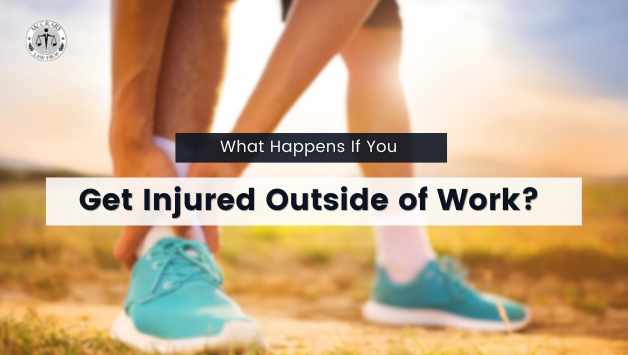One question that concerns many employees is what happens if you get injured outside of work. Will you receive compensation, salary, and medical leave without losing your job, or these perks aren’t eligible for outside-of-work injuries?
The reality is if you get injured outside of work, you won’t be eligible for compensation. But it’s important to clarify that “outside of work” doesn’t mean outside of the office. It refers to times when you’re not officially working or off the job.
In many situations, workers get compensation when they’re outside working for the company. To help you out, we’ll explain what worker injury compensation is in California and in what situations you can get compensation for injuries even if you’re outside of work.
What’s Worker Injury Compensation In California?
As the name suggests, worker injury compensation is compensation for employees injured while working. It doesn’t matter whether you’re in the office or outside the office, like on a client site location or attending an official event.
What matters most is you’re not off the job. If an employee is off the job and at home or outside with friends and the injury happens, their health insurer will cover the cost of medical bills, not the employer.
For instance, if you’re a truck driver and have an accident while on the job, you can get work injury compensation. The same applies if you’re working for a company-sponsored event and get injured. As the law 1904.5 (a) says:
“You must consider an injury or illness to be work-related if an event or exposure in the work environment either caused or contributed to the resulting condition or significantly aggravated a pre-existing injury or illness.”
When Is An Employee Not Eligible For Work-Related Injury Compensation?
Here’s the list of injuries and illnesses that are not eligible for work-related injury compensation. If your injuries or illnesses come in any of the categories below, you might not be able to get compensation.
- Use of Drugs During Work: If an employee is under the influence of drugs during work and gets injured, the employer is not obligated to provide compensation.
- Engaging in Unlawful Activities: Injuries resulting from involvement in illegal activities while working are also not eligible for work-related injuries compensation.
- Harming Other Employees: An employee injured while attempting to harm others in the office cannot seek work-related injury compensation.
- Neglecting Safety Rules: In many jobs, employees must adhere to strict safety guidelines. If an employee neglects these guidelines and is injured on location, the employer isn’t bound to provide compensation.
- Self-Harm: Employees attempting self-harm in the office or workplace will not receive work-related injuries compensation.
- Off-the-Work Injuries: Any injury occurring off the job is not covered by worker insurance, emphasizing the limitation of coverage to work-related incidents.




